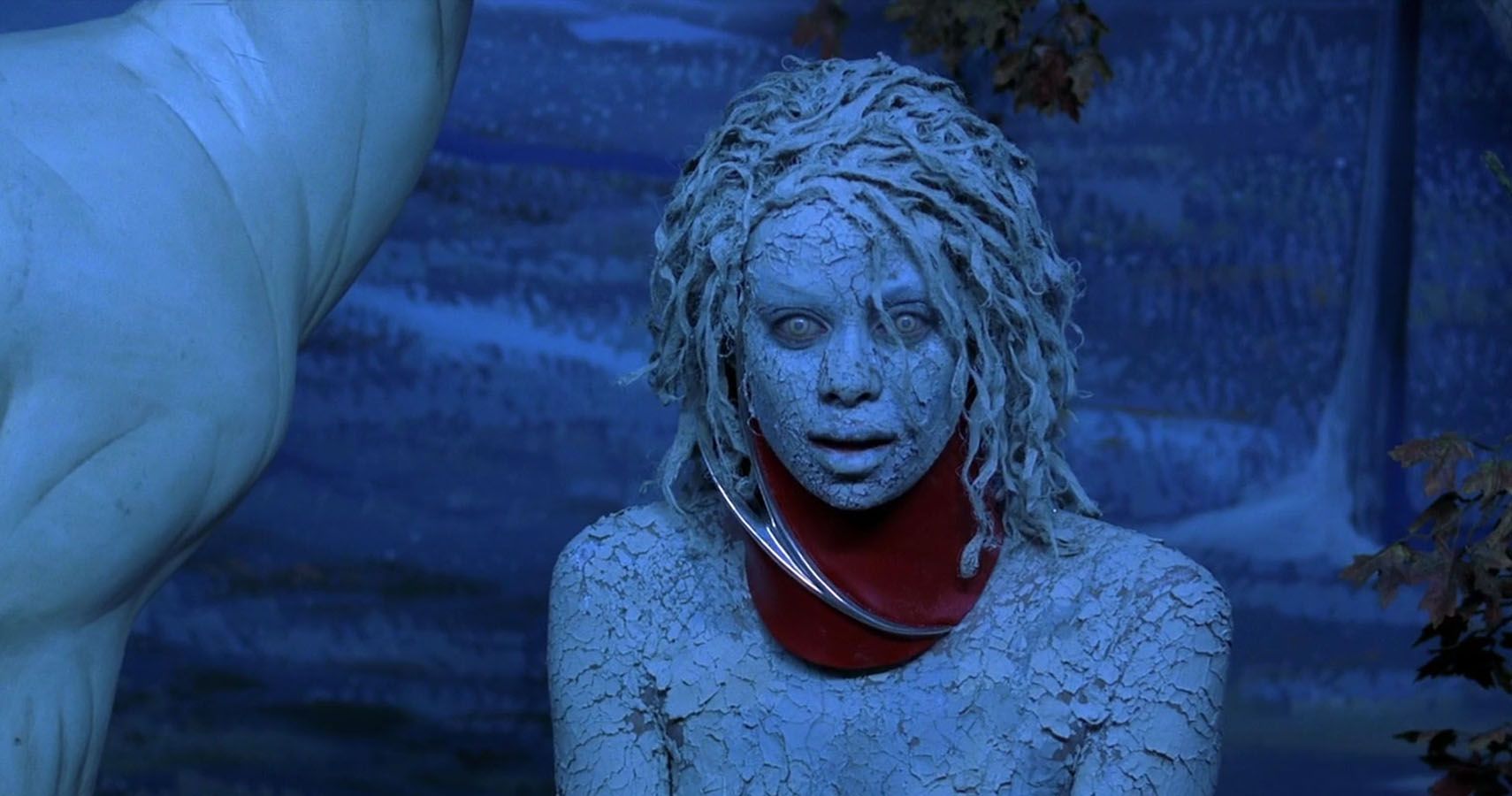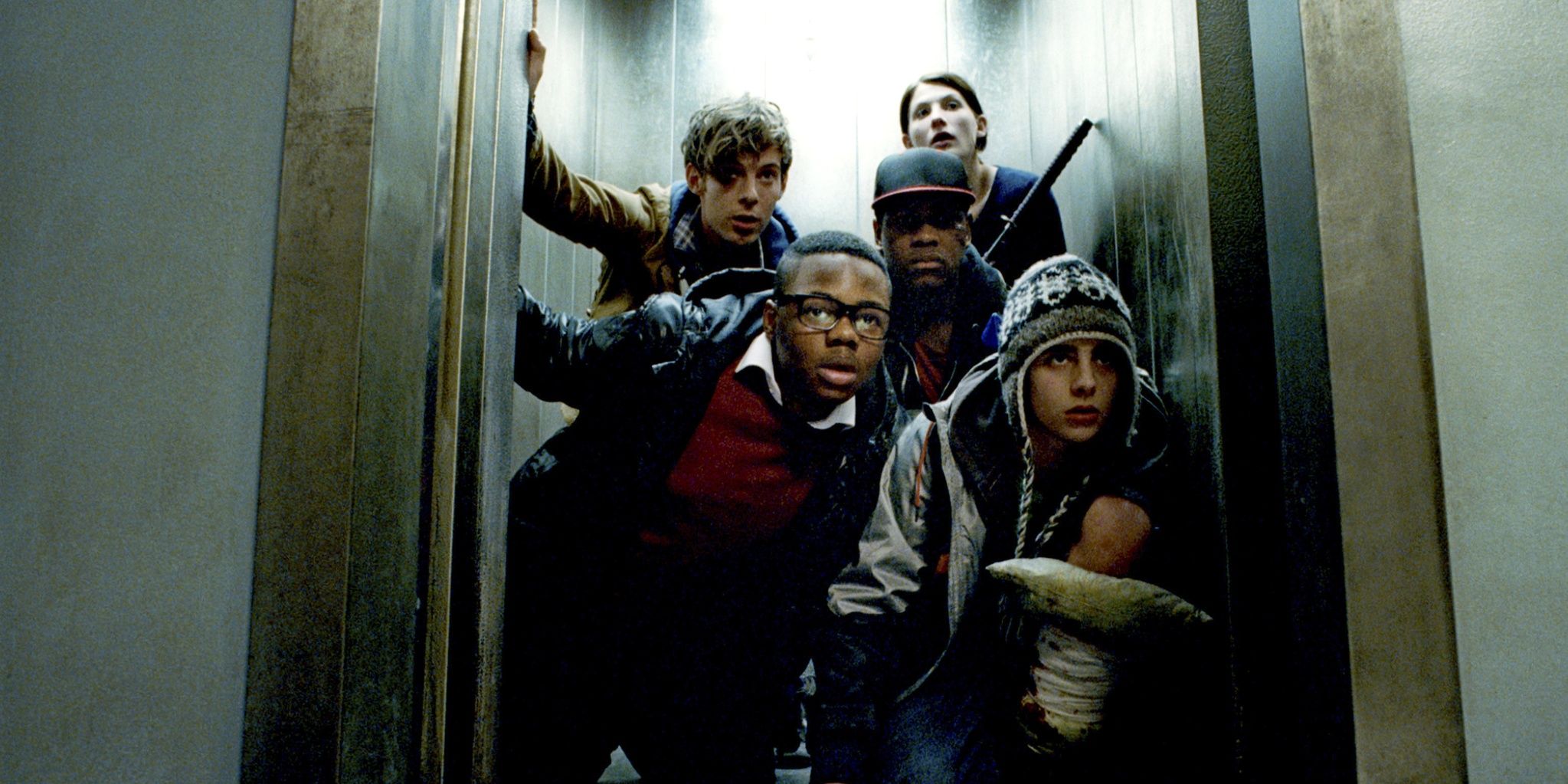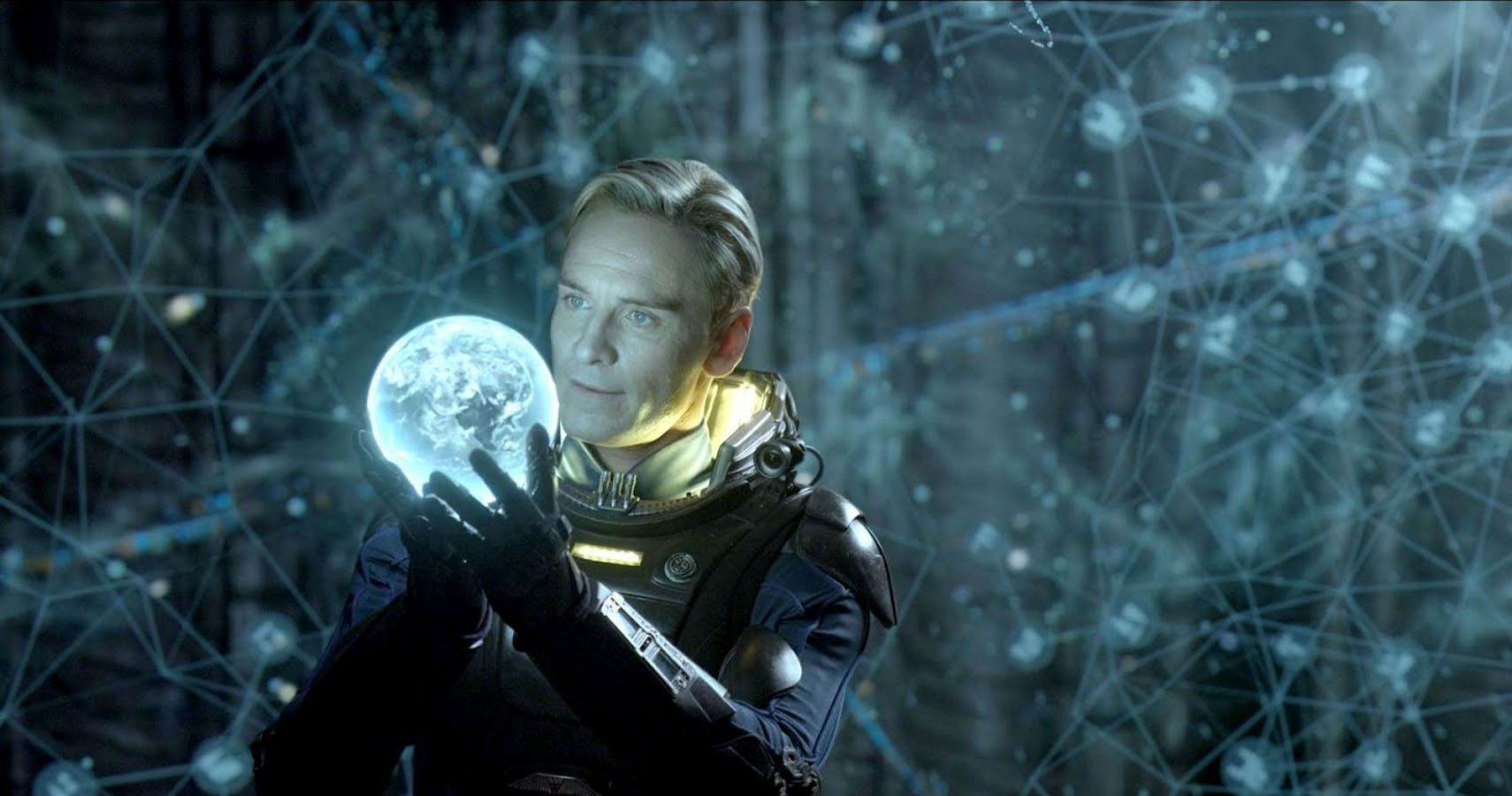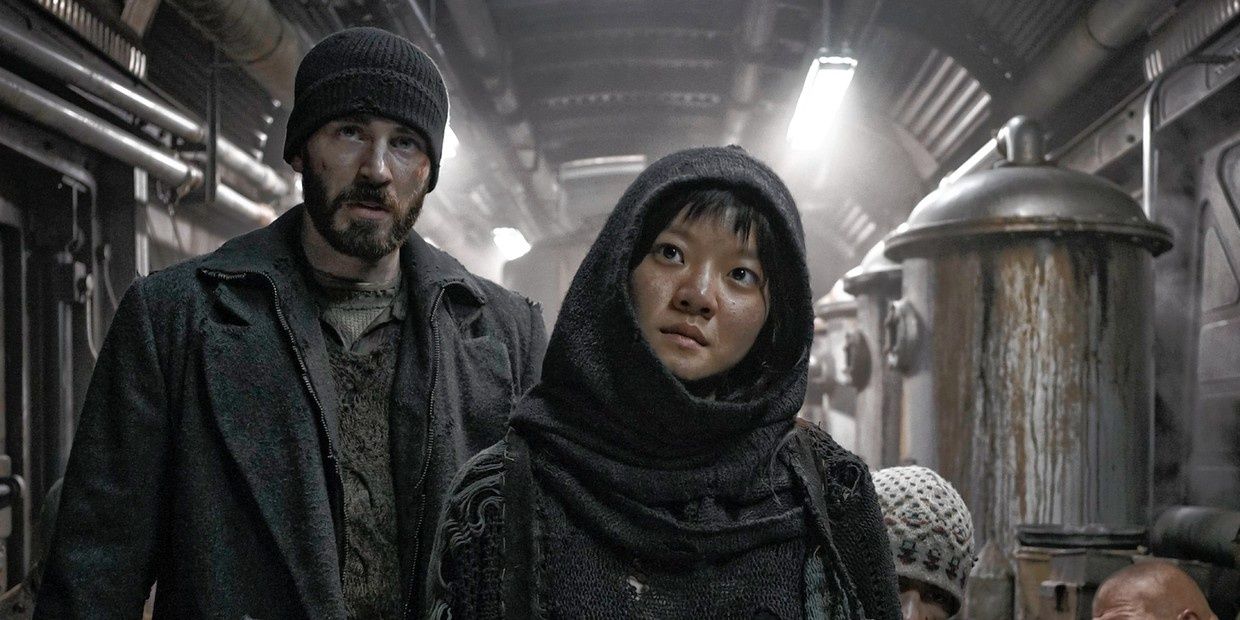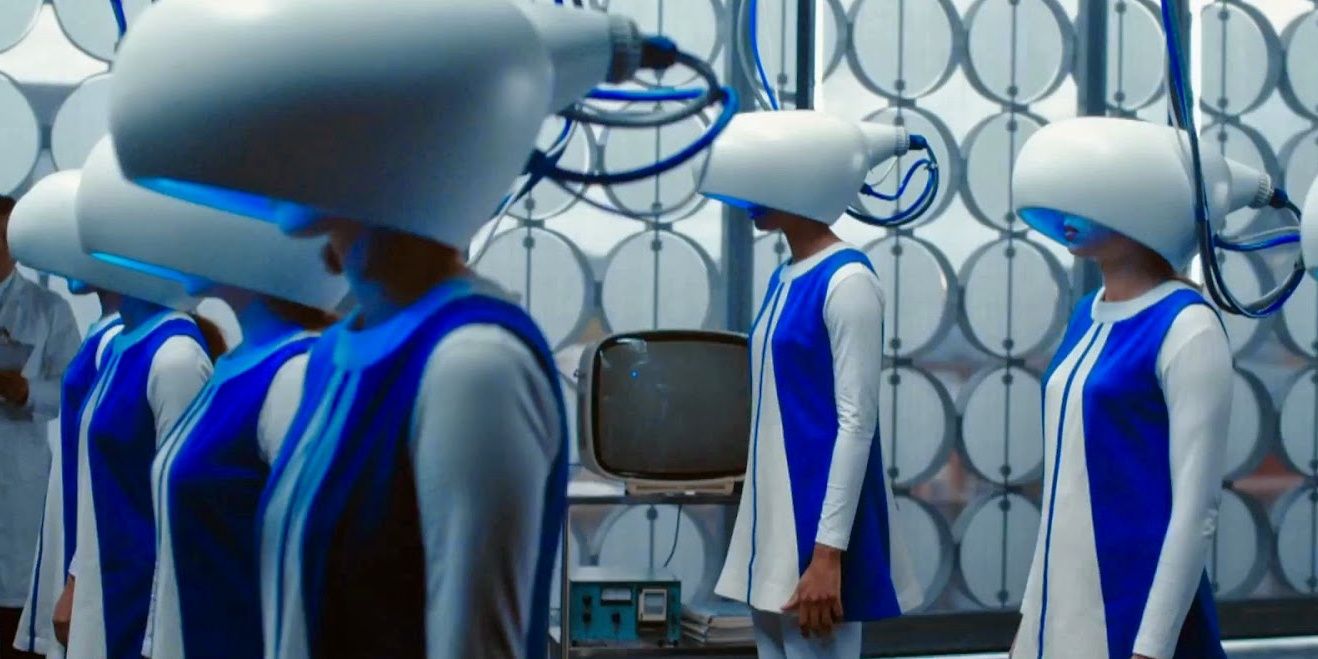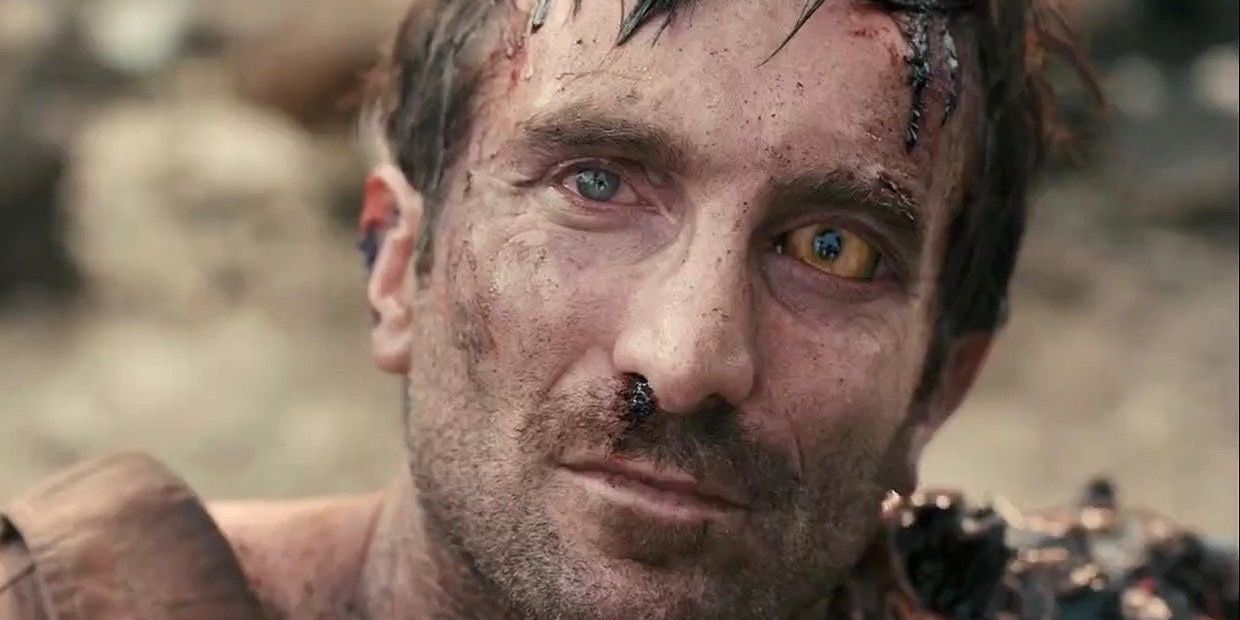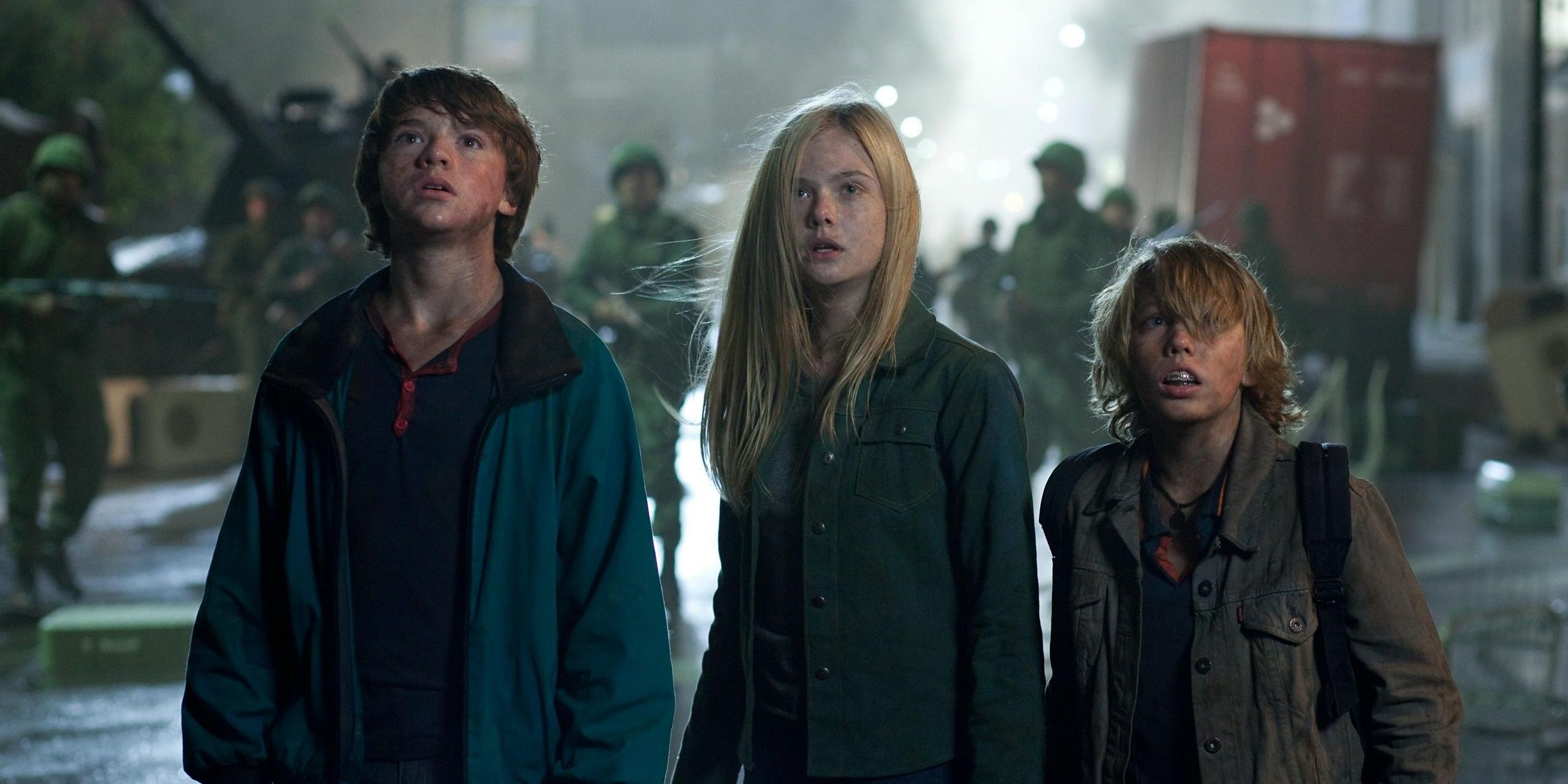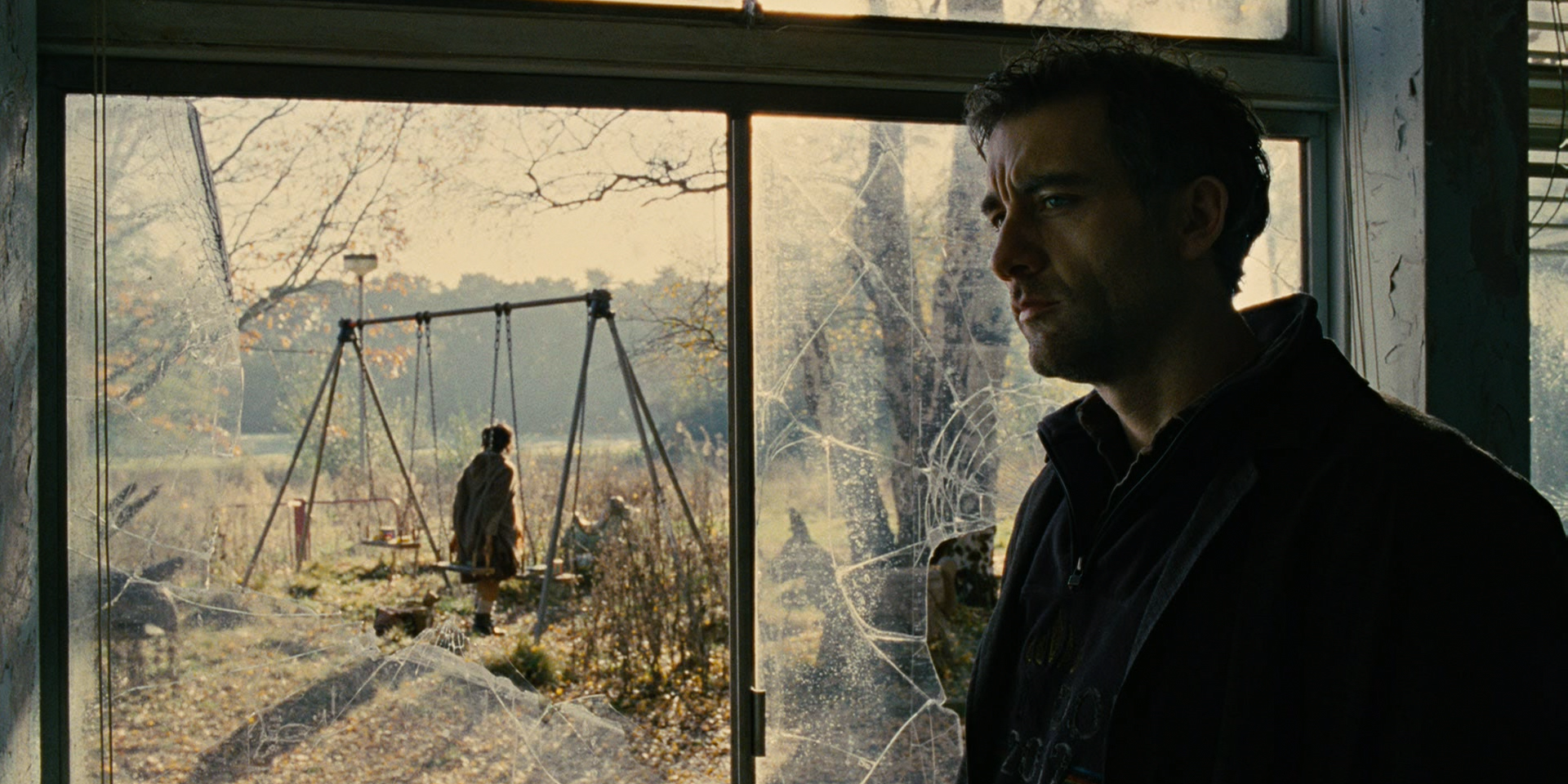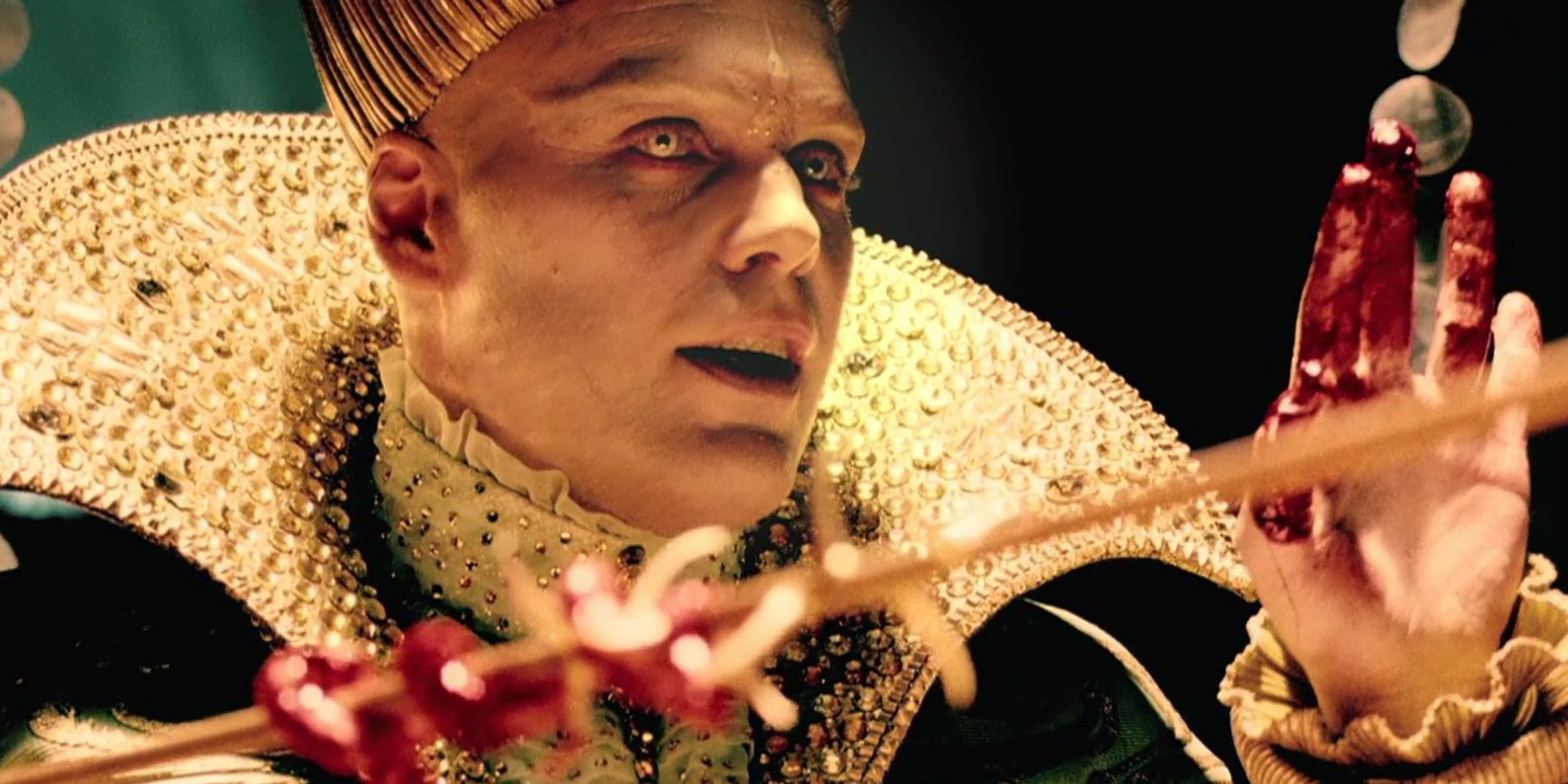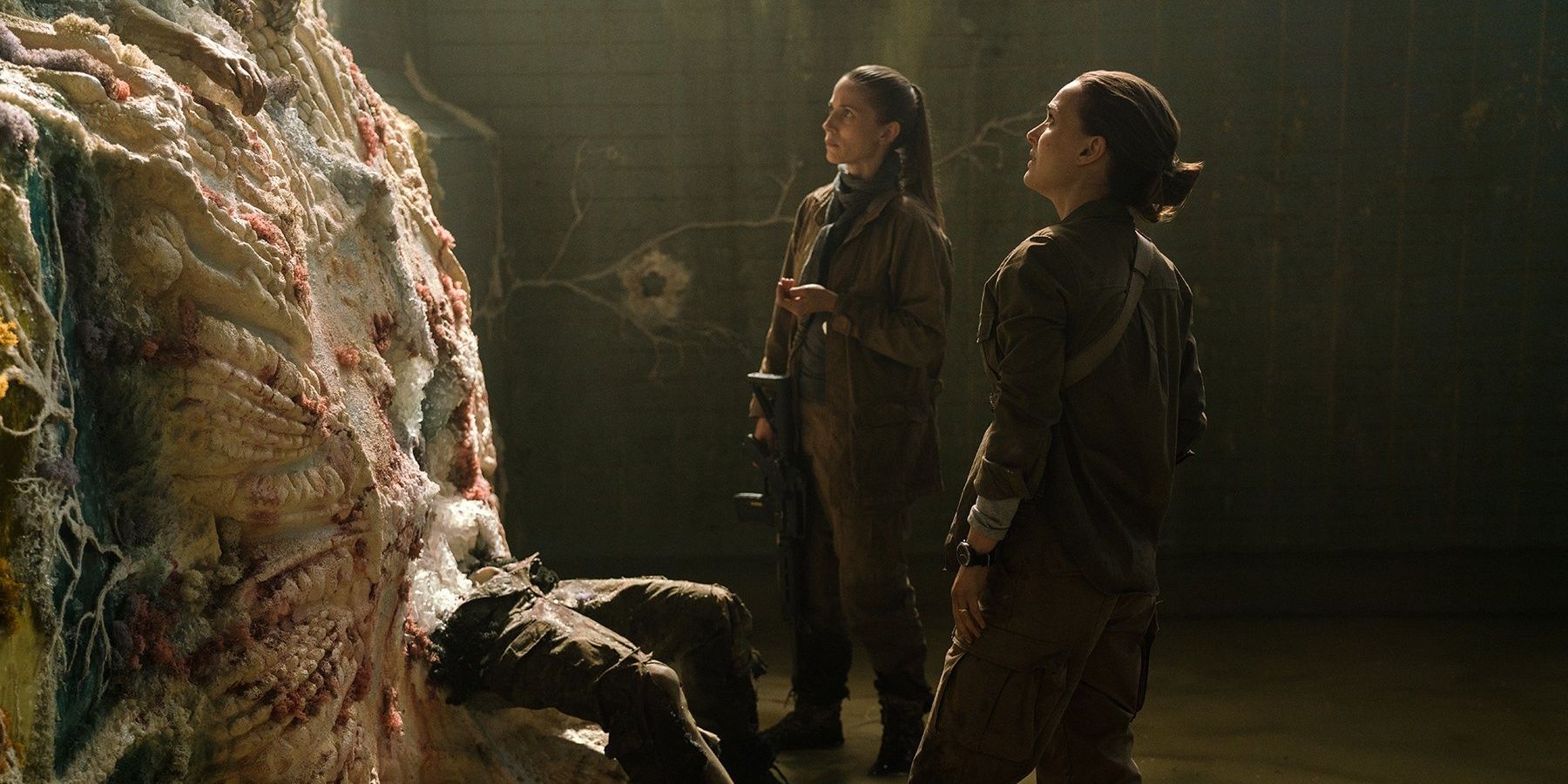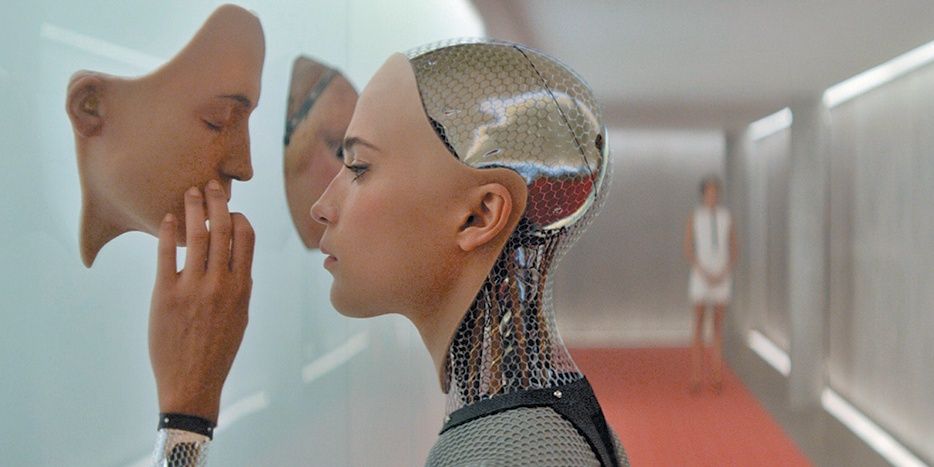From the farthest reaches of the cosmos to planet Earth, the sci-fi genre is one of many facets. With the exuberant popularity of legacies like Alien or Terminator, the possibilities of extra-terrestrial existence have become nothing short of a spectator sport. Satiating the demand for the far-out, sci-fi has composed its very own macrocosm of robots, aliens, dystopian worlds, interplanetary travel, and alternate realities ad infinitum.
With so much of the genre's success hinged on box office potential, it's easy for a sci-fi feature to become buried in the recent onslaught of superhero films. As a genre commonly overlooked by awards circuits, let's take a look back at some of science fiction's most underrated films of the last twenty years.
Attack the Block (2011)
Directed by Joe Cornish, Attack the Block follows a band of South London teenagers led by Moses (John Boyega). After the teens unknowingly mug their neighbor, Sam (Jodie Whittaker), they must join forces with her to combat an infiltration of incandescent-teethed aliens in their apartment tower.
With the help of some fireworks, a few improvised weapons (super-soaker filled with petrol, anyone?), and a safeguarded cannabis grow room, the dark-furred intruders are ultimately vanquished. Though the film vastly underperformed at the box office, it acts as a decidedly offbeat vehicle for a classic alien invasion narrative.
Prometheus (2012)
Directed by Ridley Scott, Prometheus acts as the prequel to the iconic Alien series. It follows archaeologist Elizabeth Shaw (Noomi Rapace) as she leads an expedition to a secluded moon with the objective of investigating the origins of humankind. What ensues is a steep and grisly unraveling.
Though the film's plot was regarded by critics as unambitious, its integrity as an installment of the Alien franchise is preserved by Scott's principal use of practical effects as opposed to relying heavily on CGI. It is a solid cautionary tale against the hubris of mankind, buoyed by superb performances from its cast and grandiose visual splendor.
Snowpiercer (2013)
Directed by Bong Joon-ho, Snowpiercer takes place in a fictional future in which an environmental experiment has plunged the earth into a new ice age, and the survival of humankind hinges on the constant motion of the self-sustaining titular train. Because the train remains under an inequitable caste order, a group of lowest-class citizens orchestrates a rebellion led by Curtis Everett (Chris Evans).
The most expensive Korean feature film ever made, Snowpiercer received overwhelming praise and even procured a television spin-off. It serves as both a chilling dystopian examination of poverty as well as a scathing criticism of class order.
Predestination (2014)
Written and directed by Michael and Peter Spierig, Predestination tells the story of a time-traveling agent (Ethan Hawke) tasked with thwarting a criminal known as the Fizzle Bomber. In his travels, the agent encounters a man called John (Sarah Snook) who had undergone gender reassignment surgery after a catastrophic series of events in his former life as a woman.
The film did not receive a wide release in the United States, buts its critical reception was favorable. A story that delicately straddles the border between being mystifying and crucifying intricate, Predestination lends a unique spin to the traditional time travel narrative with its poignant performances and ripe overlapping paradoxes.
District 9 (2009)
Directed by Neill Blomkamp, District 9 takes place in a fictionalized version of Johannesburg, South Africa, where a refugee camp is built for a displaced group of insect-like aliens given the degrading nickname "prawns." After the camp declines into bedraggled squalor, a weapons manufacturer is hired by the government to relocate the aliens to a new encampment, a project led by an operative named Wikus (Sharlto Copley).
Inspired by the similar events of District 6 during the South African apartheid regime, District 9 poignantly synthesizes science fiction and withering social commentary with an earnestness that leaves directer Blomkamp still hoping to continue the story ten years after its release.
Super 8 (2011)
Directed by J.J. Abrams, Super 8 follows teenager Joe Lamb (Joel Courtney), reeling from the recent death of his mother, as he and his friends embark on the creation of a horror film for a state competition. While filming late one night, the group witnesses the violent derailment of an air force train which unleashes a malevolent unseen creature upon their quiet town.
A film ripe with 1970s nostalgia, Super 8 offers a more sympathetic telling of the traditional extraterrestrial narrative. Joe serves as the tender heart of his scrappy group of friends (an echo of earlier films like The Goonies) as they gather their resources to abet in the creature's escape from its military captors.
Children of Men (2006)
Directed by Alfonso Cuarón, Children of Men chronicles a bleak imagined future following an unknown pandemic which renders all women infertile. A bureaucrat in one of the few surviving civilizations, Theo (Clive Owen) is contacted by a group of underground activists led by his ex-wife and tasked with smuggling a remarkably pregnant refugee (Clare-Hope Ashitey) to safety.
Though never widely released or commercially successful, the film received several Oscar nominations for its technical achievements, namely its cinematography and editing. It explores traditional themes of political animosity and hopes with a singular gruffness, bolstered by an enduring cast and sensational camera work.
The Cell (2000)
Tarsem Singh's directorial debut, The Cell is the story of psychologist Catherine Deane (Jennifer Lopez), a participant in a developmental neurological treatment in which a virtual plane is used to project her consciousness into the psyche of coma patients. Deane is then persuaded by FBI agents to project herself into the nefarious psyche of a recently captured serial killer in an attempt to help them locate his most recent kidnapped victim.
Contrary to the dismissals of many critics who panned the film for a perceived lack of substance, The Cell is a grandiose deconstruction of the standard serial killer narrative. Using dizzyingly nightmarish dreamscapes to explore the extent of human consciousness, Singh cements his heavily stylized but dazzling directorial signature.
Annihilation (2018)
Directed by Alex Garland, Annihilation follows Lena (Natalie Portman), a biology professor and former soldier who is recruited along with four other scientists to explore an area referred to as "The Shimmer," a confined section of swampland that causes any and all organic matter within its circumference to inexplicably mutate. The film explores each of the five women's motivations for embarking on what they collectively regard as a scientific suicide mission.
Though it was one of the biggest box-office bombs of 2018, Annihilation's critical consensus was bracingly positive. An amalgamation of science fiction and horror, it summons an intoxicating air of unease with its fever-dream-like imagery and challenges the standard viewpoint that an invasion of unknown origin is inherently harmful.
Ex Machina (2014)
Written and directed by Alex Garland, Ex Machina follows Caleb (Domhnall Gleeson), a programmer for fictional search engine empire Blue Book, as he is selected to spend a week in the company of Blue Book's enigmatic CEO, Nathan (Oscar Isaac). Once at Nathan's secluded estate, Caleb is tasked with conducting the Turing test on a sophisticated robot with artificial intelligence called Ava (Alicia Vikander).
Despite relying far less on action and rather using tension to drive the majority of the scenes, Ex Machina managed to score a well-deserved Oscar win for best achievement in visual effects. It provides a highly polished vehicle for its disquieting allegory, calling into question the moral value of man-made AI and the notion of captivity.

